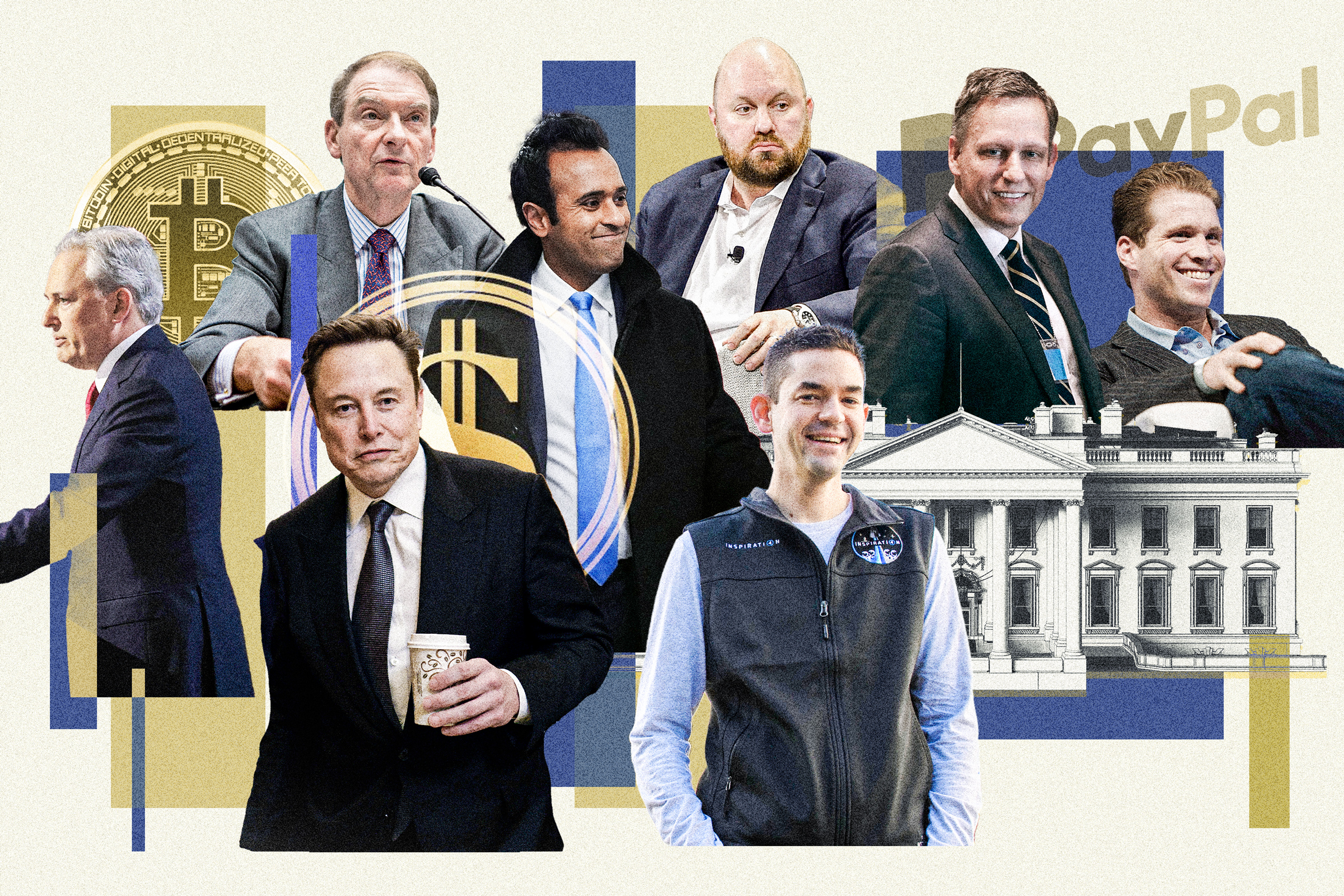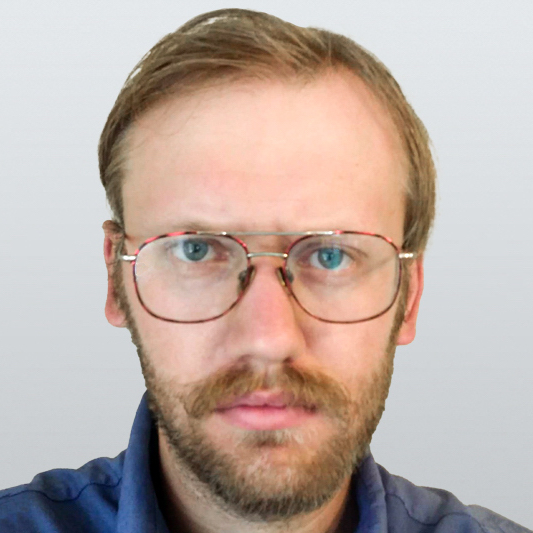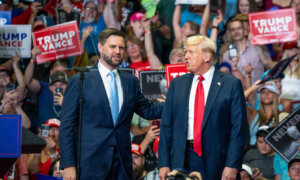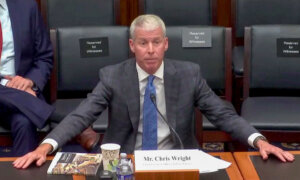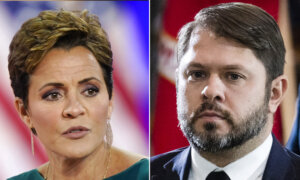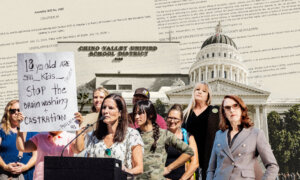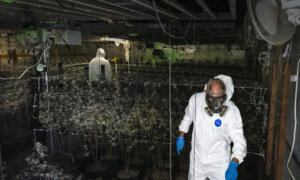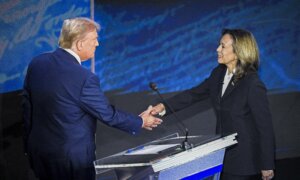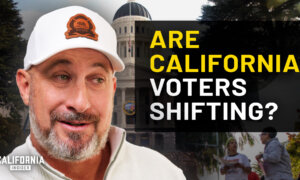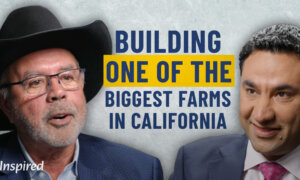As President-elect Donald Trump assembles his second administration, the influence of Silicon Valley is clearer than ever.
There’s the Department of Government Efficiency, or DOGE, a time-limited commission on government waste and cost led by entrepreneurs Elon Musk and Vivek Ramaswamy. Like many others in the Trump camp in 2024, Musk got his start in the so-called “PayPal Mafia,” joining the financial technology firm at an early stage of its formation.
Another PayPal cofounder, venture capitalist and political theorist Peter Thiel, mentored venture capitalist and Vice President-elect JD Vance.
David Sacks, also a member of the PayPal Mafia, is the incoming White House czar on cryptocurrency and artificial intelligence.
Meanwhile, a pro-crypto voice, Paul Atkins, is set to lead the Securities and Exchange Commission, likely upending the less friendly regulatory environment established under current SEC Chair Gary Gensler.
In the weeks after Trump’s election, Meta CEO Mark Zuckerberg and Apple CEO Tim Cook have traveled to Mar-a-Lago to dine with the president-elect.
And many insiders are excited by what they are seeing.
“Tech has, without contest, produced the most value of any sector in the last two decades because it’s attracted the most innovative and capable people in the country, particularly the PayPal Mafia,” Augustus Doricko, founder of the cloud-seeding startup Rainmaker, told The Epoch Times in a message.
“We obviously should want such people in government.”
Mark Andreessen, cofounder of the venture capital firm Andreessen Horowitz, was a major donor to the pro-Trump Right for America super PAC.
“Big Tech spent a decade doing everything possible to be the best conceivable progressive ally. They got treated with utter contempt, pounded daily, crucified in return. A full rethinking is required,” Andreessen wrote on social media platform X.
There is skepticism too, including from some pro-Trump voices.

The PayPal headquarters in San Jose, Calif., on April 9, 2018. (Justin Sullivan/Getty Images)
Kevin Lynn of U.S. Tech Workers, an activist group for Americans affected by outsourcing, worries that Silicon Valley could pressure the president-elect to soften his policies on immigration.
He drew attention to Trump’s June appearance on Sacks’ “All-In Podcast,” an influential forum for discussion in Silicon Valley.
During the podcast, Trump suggested that noncitizen college and even junior college graduates should receive green cards to supply skilled workers for American firms.
“The reality is, we have the workers. We’ve simply cut them loose,” Lynn told The Epoch Times, noting that visa programs such as the O-1 already exist for truly outstanding immigrants.
He worries about whether the tech-influenced transition will serve the interests of Americans working in tech.
“Everything I’m seeing I’m finding to be reassuring. It’s what I’m hearing that I’m finding to be problematic,” Lynn said.
Other selections, including Stephen Miller, Tom Homan, and Robert Lighthizer protégé Jamieson Greer, make Lynn more confident in the administration now coming together.
“You’ve got to give the president the benefit of the doubt. I mean, the guy took a bullet for us,” he said.
Tech and Thiel Connections Abound
The list of Trump appointees with backgrounds in, or close connections to, the technology world is long. Those selections are downstream of a transition process reportedly shaped by many tech insiders, including investor and PayPal alumnus Joe Lonsdale, former U.S. Chief Technology Officer Michael Kratsios, and Andreessen, among others.
(Left) Marc Andreessen, cofounder of Andreessen Horowitz, attends an event in San Francisco on Oct. 6, 2015. (Right) Michael Kratsios, deputy U.S. chief technology officer and deputy assistant to the president at the White House Office of Science and Technology Policy, attends a meeting at the OECD headquarters in Paris on May 22, 2019. (Mike Windle/Getty Images for Vanity Fair, Eric Piermont/AFP via Getty Images)
Jacob Helberg, Trump’s choice as under-secretary of state for economic growth, energy, and the environment, has been an adviser to the CEO of Palantir, Alex Karp. Thiel also cofounded that software company, which produces the defense and intelligence product Palantir Gotham. Helberg is married to Keith Rabois, another PayPal mafioso.
And Jared Isaacman, space entrepreneur and founder of the payment processor Shift4 Payments, is Trump’s nominee to lead NASA.
Doug Burgum, the likely future interior secretary and head of a new National Energy Council, launched his career with Great Plains Software, a business software firm eventually acquired by Microsoft.
The presumptive deputy secretary of health and human services, Jim O’Neill, cofounded the Thiel Fellowship, which funds young entrepreneurs and others seeking an alternative to college. Rainmaker’s Doricko was a Thiel Fellow.
George Glass, Trump’s pick as ambassador to Japan and ambassador to Portugal during his first term, cofounded the tech bank Pacific Crest Securities, an active underwriter for Facebook’s initial public offering. Troy Edgar, his choice as deputy secretary of homeland security and its chief financial officer during his first term, is currently an executive at IBM.

Peter Thiel, cofounder of PayPal, Palantir Technologies, and Founders Fund, speaks at the Bitcoin 2022 Conference in Miami Beach, Fla., on April 7, 2022. (Chandan Khanna/AFP via Getty Images)
Even those outside the tech world have links to technology power brokers on the right.
During a speech at the National Conservatism Conference in 2021, Thiel described Jay Bhattacharya, now on pace to lead the National Institutes of Health (NIH), as “a good friend of mine from undergraduate days at Stanford.”
Lynn, of U.S. Tech Workers, hopes Trump’s approach to the U.S. technology sector factors in national security. Foreign nationals, he noted, work across many universities and national laboratories.
“That’s how you do tech transfer. You don’t need a lot of clandestine operations. You just interview the foreigners working in these laboratories,” he said.
Those vulnerabilities could also extend to the private artificial intelligence firms driving American innovation in that sector, a concern outlined by AI researcher Leopold Aschenbrenner in his brief “Situational Awareness.”
Doricko lauded the Silicon Valley coalition coalescing behind Trump 2.0.
“Technologists are in power because they deserve to be in power,” he said.
